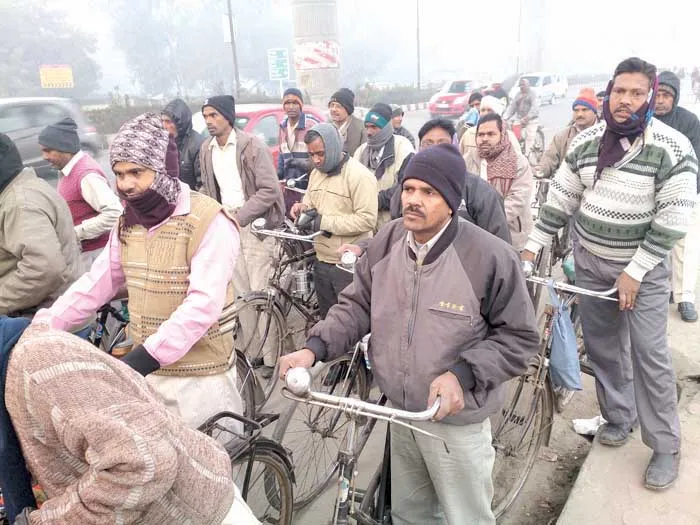
This was attended by hundreds of participants from all parts of the world and 12 expert speakers. The workshop marked the launch of the new Connected and Autonomous Mobility IRF Committee (CAMC) being supported by the European Union Road Federation (ERF) and the European Association of Operators of Toll Road Infrastructures (ASECAP).
IRF president, Bill Halkias opened the session by reaffirming the importance of the road infrastructure sector to ensure seamless, safe, efficient, and sustainable transport systems. "In the transition to cooperative, connected and automated mobility, it is crucial to foster inter-sectoral cooperation among key stakeholders. This IRF CAM Committee does exactly that by bringing expertise together from all fronts. We are delighted to work closely with ERF and ASECAP and to move forward together this important piece of work," he said. The workshop subsequently engaged the participants in a productive discussion on the new CAMC's priorities, deliverables, and potential areas of work.
The CAMC's guiding objective is to create a unique global voice representing the road infrastructure ecosystem, specifically by building liaisons with and complementing other existing initiatives on Connected and Autonomous Vehicles (CAVs). The Committee will convene expertise from its members and from different initiatives in which the IRF and its partners are actively involved. These will include the European Commission's Cooperative, Connected and Automated Mobility (CCAM) initiative, the Working Party on Automated/Autonomous and Connected Vehicles (UNECE GRVA) and Global Forum for Road Traffic Safety (UNECE WP.1) of the United Nations Economic Commission for Europe.
The Committee has kicked off work on three main workstreams: 1. policy and regulatory measures; 2. future workforce; 3. technological innovations. Dedicated sub-groups have been established to carry out work on in each of the respective focus aareas.
• For more information on CAMC and other IRF committees, please visit: www.irfnet.ch/committees and contact M Gonzalo Alcaraz at the IRF Secretariat in Geneva







